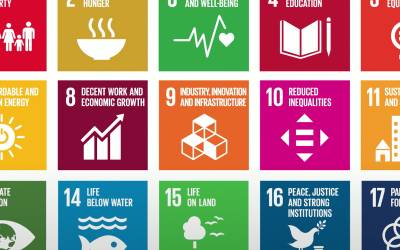Working together to tackle the world's problems
UCL Laws tackles challenges of constitutional law and COVID-19

Lex-Atlas: COVID-19 (LAC19) is a vast international collaboration led by Professor Jeff King of UCL Laws. The project brings together scholars to compare the legal response of over 60 countries – representing a diversity of regions, economies, legal systems and political regime-type. Each country’s experts will report on a number aspects to laws and measures introduced in that country, so that it may be determined how effective they have been. This will create a huge resource which will help inform future responses to global health emergencies.
Earlier this year Dame Hazel Genn, Professor of Socio-Legal Studies in the Faculty of Laws, gave evidence before the Lords Constitution Committee discussing the challenges that COVID-19 presents for courts and the justice system. She raised the issue of technical challenges associated with virtual proceedings, and how the digital divide could prevent certain groups in society from accessing justice.
Countdown to 2030: Conference explores United Nations SDGs

To help meet the 17 global SDGs by the target year of 2030, the conference facilitated the exchange of perspectives and approaches, by promoting cross-disciplinary research and identifying gaps in collective understanding that provide opportunities for innovation. Leading UCL academics also discussed the SDGs themselves - whether they are enough, or whether we should be aiming higher – and ways in which universities can meaningfully contribute to the SDG process through engagement and improving access to education.
Explore the Beyond Boundaries conference on YouTube.
Startup collaboration to treat anxiety and depression with VR

The course of therapy delivers mindfulness-based cognitive therapy (MBCT), already established as a highly affective treatment. Delivered through a VR software and hardware platform that creates a gamified world, it is hoped the treatment will increase access, reduce drop-out rates whilst offering the benefits of face-to-face group therapy in a time of social restriction.
We are excited to see the the possibilities of collaborations like these that combine the academic rigour of UCL experts with rapidly evolving technologies, creating cost effective solutions to real-world problems.
Next →
 Close
Close

